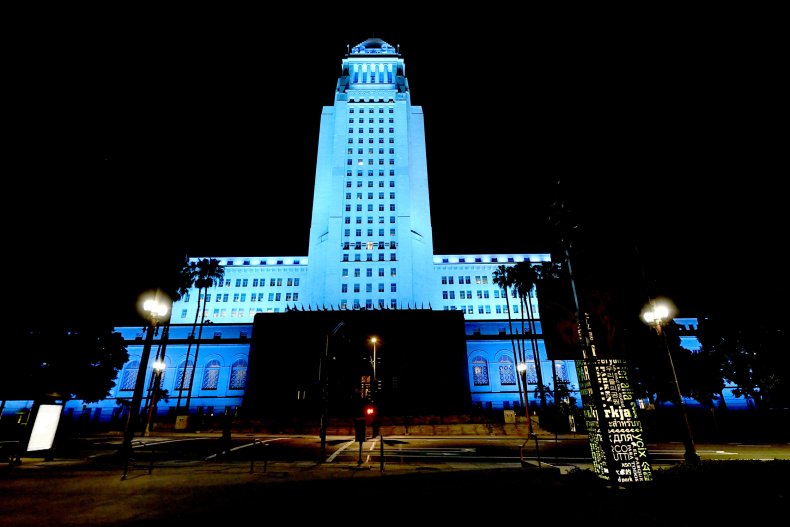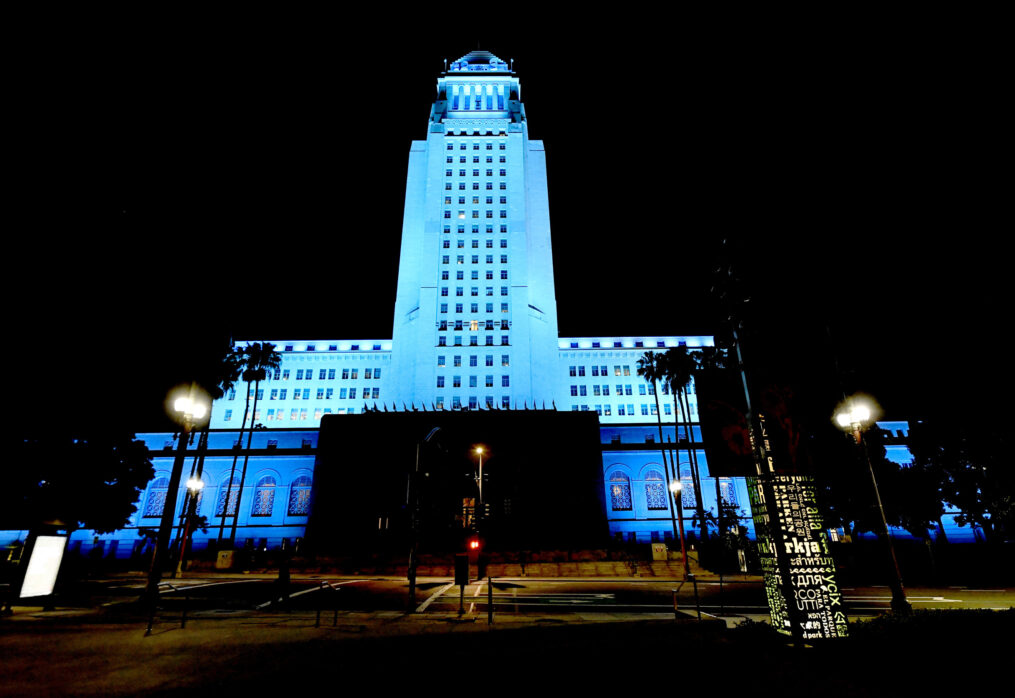Nury Martinez Controversy May Completely Change Los Angeles Politics
A scandal at the heart of the Los Angeles City Council may lead to greater reform as it pertains to district maps and future elections.
The political fallout continues after racist comments made last October by now former Los Angeles City Council President Nury Martinez and other officials were leaked in audio clips obtained by the Los Angeles Times.
Aside from Martinez saying Los Angeles District Attorney George Gascón is “with the Blacks,” the Los Angeles Times reported that she also used language disparaging of Mexicans from Oaxaca while discussing the Koreatown area of Los Angeles, which is a largely Latino neighborhood.
She also said fellow Council member Mike Bonin “thinks he’s f**king Black.” Pernicious comments were also made about Bonin’s son, who is Black, prompting a response from Bonin’s “appalled, angry and absolutely disgusted” family.
President Joe Biden was among the officials who pressed for the Council members in question to resign from the Council entirely.
Martinez resigned as president on Monday, and from the City Council on Wednesday. Ron Herrera, the former head of the Los Angeles County Federation of Labor who participated in the conversations, also resigned.
Gil Cedillo and Kevin de León, who were part of the conversation, remain on the Council.
‘A Process Rife With Protecting Incumbents’
Christian Grose, professor of political science and public policy at the University of Southern California (USC), told Newsweek that the broader takeaway is that the comments were made in the context of redistricting.
California Attorney General Rob Bonta has launched an investigation into the city’s redistricting process to determine whether any state or federal voting rights laws or transparency laws were violated.
When asked if the investigation could concern a link between the recorded comments and redistricting, a spokesperson for the California Attorney General’s Office told Newsweek that it is limited in the information it can provide at this point in time.
“That said, the department is committed to conducting a thorough, complete and independent investigation,” the individual added.
Wrongdoing may be discovered in relation to Section 2 of the Voting Rights Act, Grose said.
“That is the really overlooked part that I think is really central to it,” said Grose, who believes an independent redistricting commission would be a good step forward. “Obviously the racist comments are terrible, but the meeting was to discuss redistricting of their own Council districts….It’s a process that’s rife with protecting incumbents.”

Frazer Harrison/Getty Images
Every 10 years following the Census, the Los Angeles City Charter requires that City Council district boundaries be redrawn. The redistricting commission’s final report was submitted October 29, 2021.
While California has its own independent commission, Cal Matters reports that about 17.5 million of California’s almost 40 million residents live in a city or county with an independent redistricting commission. In L.A., the commission is appointed by elected officials who recommend new district lines.
Grose said the current situation reminds him “of something out of the 1960s out of Alabama.” It’s also “really unusual” because Los Angeles is traditionally a place that leans into its diversity.
“In L.A. there has historically been a lack of districts who could elect Latino candidates of choice,” Grose said. “I’m not excusing the comments, but there’s been an underrepresentation of Latino voters.”
‘What’s Surprising Is the Racism’
Georgia Kernell, an assistant professor of communications and political science at the University of California, Los Angeles (UCLA), told Newsweek that conversations among elected officials involving bargaining or promises in cases of elections or redrawn districts are routine.
She doesn’t believe the four individuals associated with the comments are part of a “contagion” linked to the rest of the Latino population, of which leaders were swift and forceful in their response in reprimanding the officials.
“Unfortunately, this isn’t the first scandal or controversy to hit the City Council in the past few years,” Kernell said. “But I think what’s unique here is we have this insight to a recording that very clearly these individuals had no clue that they were being recorded….What’s surprising is the racism in it.”
She said that an independent redistricting commission could lead to more competitive districts across L.A. Not only could it also increase voter participation, it may be a strong aspect of campaigns on behalf of those running to fill open Council seats.
“There’s always going to be a desire by those elected to change the rules to shield them and keep them in office….I wouldn’t be surprised if there’s a move—there is already a movement calling for an independent commission—but I wouldn’t be surprised if this seals the deal,” Kernell said.
Los Angeles City Attorney Mike Feuer, who formerly ran for mayor, said that a special election should occur next spring asking voters if they want to amend the city charter to redraw current district maps.
“It should be clear to everyone by now that if you leave in the hands of elected officials the power to determine their own political districts, this is a recipe for conflict of interest and is an invitation to backroom deals,” Feuer said during a news conference Wednesday, according to the Los Angeles Daily News.
Veronica Terriquez, professor and director of the Chicano Studies Research Center at UCLA, told Newsweek that “civil society leaders learned a valuable lesson here, that hate speech cannot be tolerated among Latinos or any other elected officials.”
She is confident that a “younger generation committed to forging coalitions” will emerge from this controversy—one that understands that anti-Black and similar rhetoric will not be tolerated.
“My hope is that a new leadership emerges that is committed to a multiracial and equitable vision for all of Los Angeles’ residents,” Terriquez said. “The lessons learned from this week may pave the way for the more careful selection of leaders and inclusive representation.”
